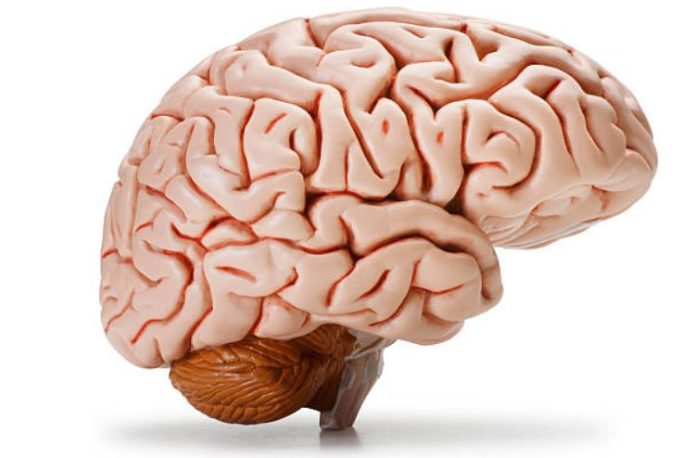One of the best ways to synchronize the brain is through meditation. When the body begins to relax, the mind is allowed to wander.
This will give the right side and the left side of the brain a chance to work together. When both sides of the brain work together, it stands to reason that a person will better able to function during the day.
It has been shown that after a person is finished meditating, they will be able to use parts sides of their brain for a short time.
Most people are either right brained or left brained, meaning that one side of the brain is more dominant than the other.
It is said that those who are creative use their right brain more often and those who are more scientific use their left brain.
While people have to use both sides of their brain in order to maintain body and mental functions, the sides are usually not used in conjunction with each other.
There are mediation devices on the market that promise to get both sides of the brain working together for longer periods of time so that people can learn new skills, enhance their language ability, or learn how to multi-task even more.
For those who suffer from memory loss, disorientation, fatigue, or lack of concentration, learning how to use both sides of the brain may help. Those who suffer attention deficient and other disorders will be able to function normally.
This form of meditation uses sound in the form of slow beats to engage the brain waves and cause them to follow the rhythm of the beats.
It is in this way that many scientists and holistic healers claim they can synchronize the brain. While there is still much to be learned about how the brain functions, it is conceivable to think that the brain waves would pulsate to sound waves that are heard.
The lasting affects of brain synchronization is a renewed energy, thoughts that are less cloudy and enhanced memory.
This type of mediation is used on children that have learning disabilities and who need to be taught how their brain functions and how to control it.
Synchronizing both sides of the brain should help children learn more easily and also concentrate when they are learning a new task or skill.
Other uses for brain synchronization are for therapy, to tap into the creative side of the brain, for medical purposes, to help those who are losing their memory and for those who are autistic.
There are many possibilities for this technology that are still being developed. For now, practicing meditation using sound waves is the best way to achieve brain synchronization.
In the future, this technology may be used to heal those who have brain disorders including schizophrenia. It may also be used to help those who are bipolar, or who suffer from anxiety.
There are many researchers that are fascinated with the brain and will continue to unlock its mysteries a little at a time.

